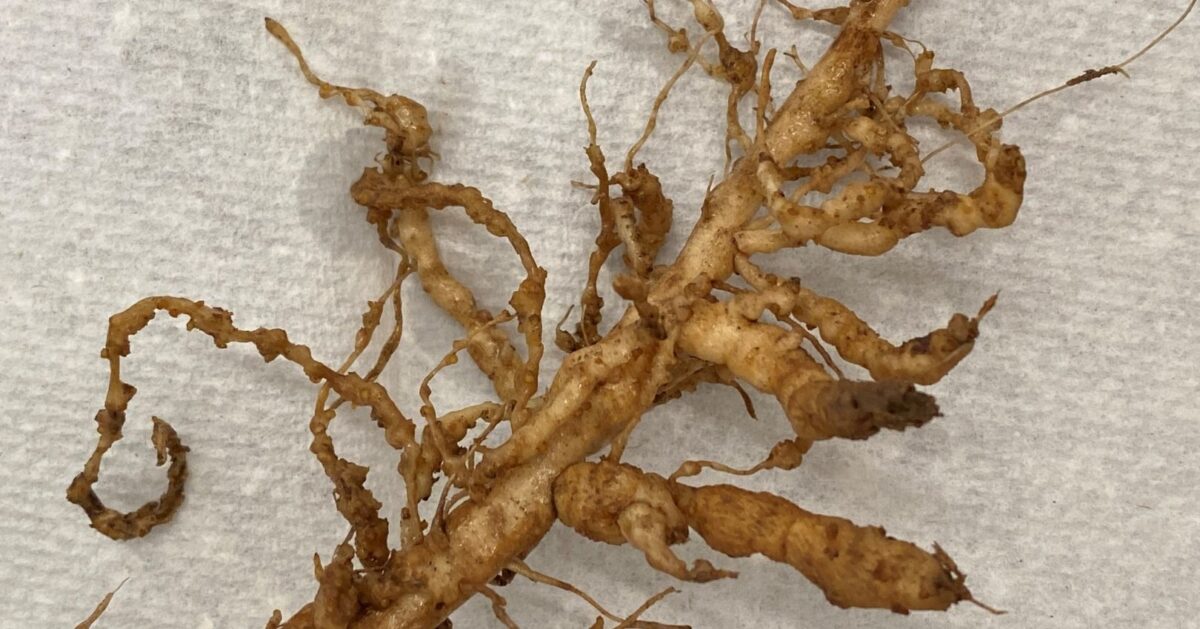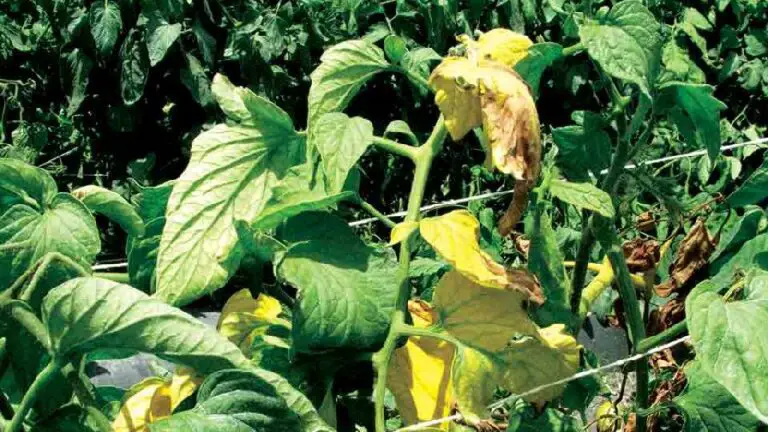Combatting Root Knot Nematode Infestations Effectively
Table of Contents
Nematicides: Understanding the role of chemical control options and their limitations
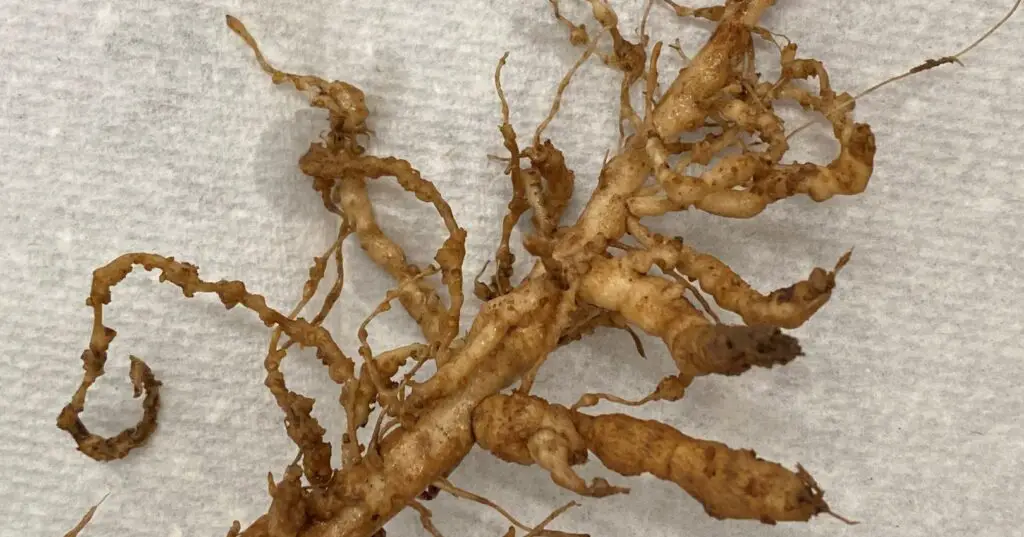
Introduction:
Nematicides are chemical compounds used to control nematode populations in agricultural fields. These chemical control options play a significant role in managing nematode infestations and protecting crop yields. However, it is essential to understand the limitations associated with the use of nematicides to ensure effective and sustainable nematode management strategies.
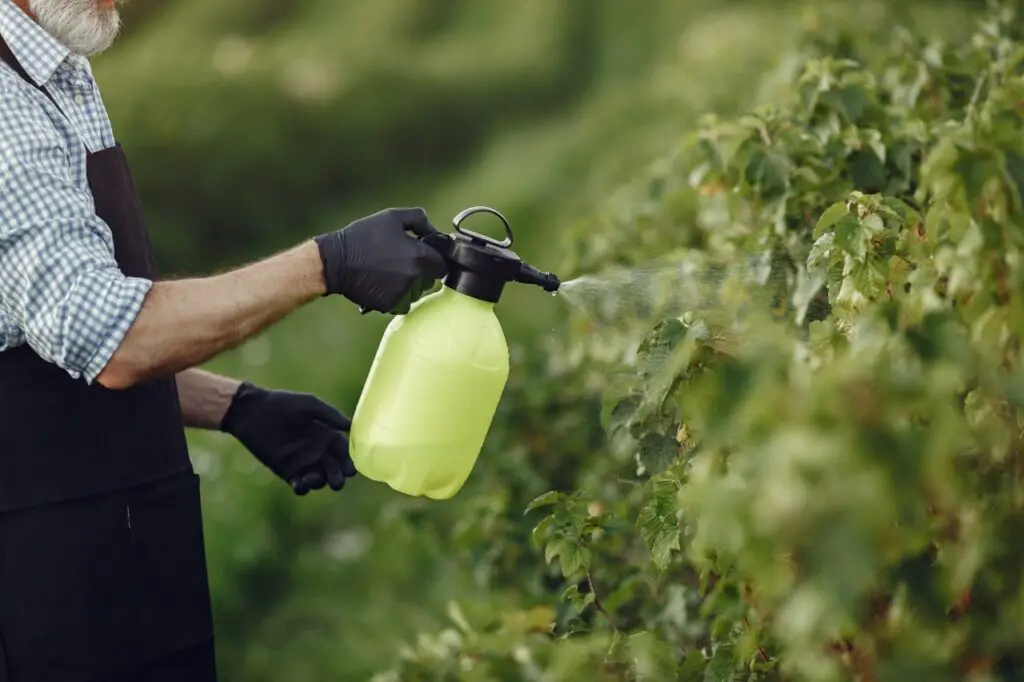
FAQs:
Q: How do nematicides work to control nematodes?
A: Nematicides work by interfering with the essential biological processes of nematodes, leading to their death or reduced reproduction. These chemical compounds can be applied to the soil or through seed treatments, effectively targeting nematodes at different stages of their life cycle.
Q: Are nematicides the most effective solution for nematode management?
A: While nematicides can be highly effective in reducing nematode populations, their long-term effectiveness can be limited. Nematodes can develop resistance to nematicides over time, making them less efficient in controlling nematode infestations. Additionally, nematicides can have environmental implications if not used properly, leading to negative effects on non-target organisms and soil health.
Q: Can nematicides be used in all agricultural systems?
A: The use of nematicides may vary depending on the specific agricultural system. In some cases, they may be a viable option, particularly for high-value cash crops. However, in organic farming or systems aiming for sustainable and environmentally friendly practices, alternatives to chemical control, such as soil amendments and cultural practices, may be preferred. It is important to consider the overall goal of the agricultural system and evaluate the potential risks and benefits associated with the use of nematicides.
Q: Are there any alternatives to nematicides?
A: Yes, there are alternative methods to manage nematode populations without relying heavily on chemical control options. Implementing cultural practices like crop rotation, deep plowing, and fallowing can disrupt nematode life cycles and reduce their populations. Additionally, enhancing soil health through the use of organic matter and soil amendments can promote the growth of beneficial microorganisms that suppress nematode populations naturally.
Q: Are there any regulations or guidelines for the use of nematicides?
A: Yes, the use of nematicides is regulated in many countries to ensure their safe and responsible application. It is crucial for farmers and agricultural professionals to be aware of and comply with these regulations to minimize environmental risks and potential harm to human health. Following the recommended guidelines and employing integrated pest management strategies can help maximize the effectiveness and minimize the negative impact of nematicides.
Soil Amendments and Organic Matter: Enhancing soil health to suppress nematode populations
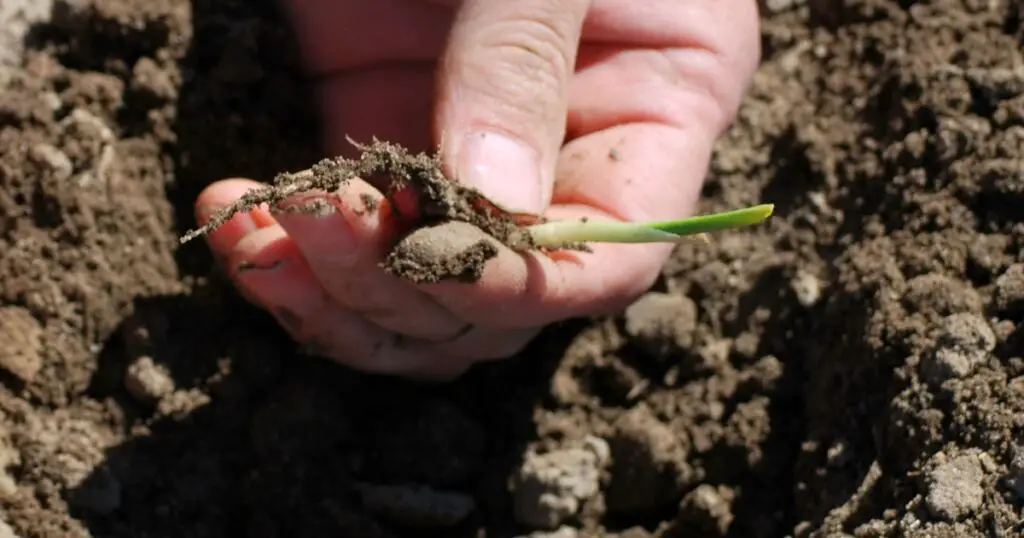
Soil amendments and organic matter play a crucial role in enhancing soil health and suppressing nematode populations. By adding organic materials such as compost, manure, or cover crops to the soil, nutrients are released slowly, improving the structure and fertility of the soil. This, in turn, leads to a healthier soil ecosystem that can better withstand nematode infestations.
One frequently asked question is whether specific organic materials are more effective than others in managing nematodes. While various organic materials have been shown to have some degree of nematode-suppressing effects, there is no one-size-fits-all solution. The efficacy of organic amendments depends on several factors, including the type of nematode species present, soil characteristics, and environmental conditions. Moreover, it is important to choose organic materials that are locally available and appropriate for the specific farming system to optimize their benefits in suppressing nematodes.
Another common concern is the time required for organic amendments to show their impact on nematode populations. Unlike chemical nematicides that can provide immediate control, organic amendments require time to decompose and release their beneficial compounds. Therefore, it may take several growing seasons or years of consistent application for the soil health to improve and for nematode populations to be effectively suppressed. It is important to have patience and continue with regular organic matter additions to achieve long-term sustainable nematode management.
Cultural Practices for Nematode Management: Implementing practices like deep plowing and fallowing
Deep plowing and fallowing are two cultural practices that can be implemented to effectively manage nematode populations in agricultural fields. Deep plowing involves tilling the soil to a greater depth than traditional shallow plowing. By disturbing the soil layers where nematodes reside, deep plowing disrupts their habitat and reduces their population density. This practice is particularly useful for nematode species that reside closer to the soil surface.
Fallowing, on the other hand, involves leaving the field bare and unplanted for a certain period of time. During this fallow period, nematodes are deprived of their host plant and their population declines. This practice allows the soil to naturally reduce nematode populations without the need for chemical interventions. Fallowing is often implemented in rotation with susceptible crop plants to break the nematode life cycle and prevent population buildup.
Implementing these cultural practices requires careful planning and consideration of the specific nematode species and soil conditions. Deep plowing should be conducted when the soil is not too wet, as excessive moisture can lead to soil compaction. Fallowing should be timed to coincide with the nematode’s lifecycle and the desired crop rotation. By integrating these practices into overall nematode management strategies, farmers can minimize nematode damage and maximize crop yields in a sustainable and environmentally-friendly manner.
Managing Irrigation and Drainage: Optimizing water management to reduce nematode infestations
| Practice | Description |
|---|---|
| Drip Irrigation | – Use drip irrigation to deliver water directly to the root zone, minimizing nematode movement. |
| Mulching | – Apply organic mulch to conserve soil moisture and create a barrier against nematode migration. |
| Soil Solarization | – Use transparent plastic sheets to cover soil and harness solar heat, reducing nematode populations. |
| Fallow Periods | – Implement fallow periods to deprive nematodes of host plants, reducing their population. |
| Raised Beds | – Opt for raised beds to improve drainage, creating an environment less favorable for nematodes. |
| Crop Rotation | – Rotate crops to disrupt nematode life cycles and reduce the build-up of specific nematode species. |
| Cover Crops | – Plant cover crops with biofumigation properties, such as marigolds or mustard, to suppress nematodes. |
| Watering Time | – Water in the morning to allow the soil surface to dry, creating unfavorable conditions for nematodes. |
| Resistant Plant Varieties | – Select crop varieties resistant or less susceptible to nematode infestations. |
| Biocontrol Agents | – Introduce beneficial nematodes or fungi that prey on plant-parasitic nematodes. |
| Organic Amendments | – Add organic matter like compost to improve soil structure and enhance natural nematode antagonism. |
Note: Adopting a combination of these water management practices contributes to creating an environment less conducive to nematode proliferation, supporting sustainable and healthy plant growth.
Q: Is there a specific irrigation schedule that can help reduce nematode infestations?
A: Yes, implementing a strategic irrigation schedule can be an effective tool in reducing nematode infestations. Nematodes thrive in moist conditions, so it is crucial to avoid overwatering your crops. By optimizing water management and only providing the necessary amount of water, you can create an unfavorable environment for nematode reproduction and survival. Additionally, it is recommended to use irrigation techniques that allow for deep watering, as this can help flush out and reduce nematode populations in the soil.
Q: Can drainage systems play a role in nematode management?
A: Absolutely. Proper drainage systems are essential in nematode management because they help prevent waterlogged conditions that are ideal for nematodes to thrive. Excessive moisture in the soil not only encourages nematode reproduction but also hinders the natural biological control mechanisms that can keep nematode populations in check. Implementing drainage practices, such as installing tile drains or grading fields to ensure proper water flow, can help optimize water management and reduce nematode infestations. By promoting a well-drained soil environment, you can create unfavorable conditions for nematode survival and limit their damaging impacts on your crops.
What are nematodes?
Nematodes are microscopic worms that can infest and damage plant roots, causing significant agricultural losses.
How can chemical control options help manage nematode infestations?
Nematicides, which are chemical control options, can be used to suppress nematode populations. However, it is important to understand their limitations and potential environmental impact.
What are some examples of nematicides?
Nematicides commonly used for nematode control include chemical compounds such as organophosphates and carbamates.
Are there any drawbacks to using nematicides?
Yes, there are limitations to using nematicides. They can be expensive, have potential health risks for applicators, and may have negative impacts on non-target organisms and the environment.
How can soil amendments and organic matter help suppress nematode populations?
Soil amendments and organic matter can improve soil health and create an unfavorable environment for nematodes. This can include adding compost, cover crops, or other organic materials to the soil.
What are some cultural practices that can help manage nematode infestations?
Cultural practices such as deep plowing and fallowing can disrupt nematode life cycles and reduce their populations. Crop rotation and proper sanitation practices can also be effective.
How does optimizing water management help reduce nematode infestations?
Proper irrigation and drainage management can impact nematode populations by creating unfavorable conditions for their survival and reproduction. This includes avoiding over-irrigation and ensuring proper drainage to prevent waterlogging.
What are some techniques for optimizing water management?
Techniques for optimizing water management include using efficient irrigation systems, monitoring soil moisture levels, and implementing irrigation scheduling based on crop needs and soil conditions.
Can improving water management alone completely eliminate nematode infestations?
While optimizing water management can help reduce nematode infestations, it is unlikely to completely eliminate them. It should be part of an integrated nematode management approach that combines various strategies.
Should I consult a professional for help in managing nematode infestations?
Yes, it is recommended to seek advice from agricultural professionals or extension services for proper diagnosis, management strategies, and guidance tailored to your specific situation.

